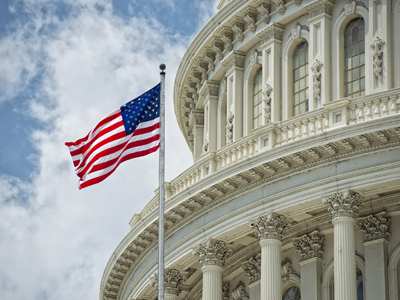After a long political season that took many twists and turns due in part to revelations from WikiLeaks, the holiday season finally arrived. For many, that meant family traditions, time away from work, and massive amounts of college football, thanks to the current litany of televised bowl games.
Wake Forest Leaks Scandal May Offer “Playbook” For Businesses Seeking Trade Secret Protection











